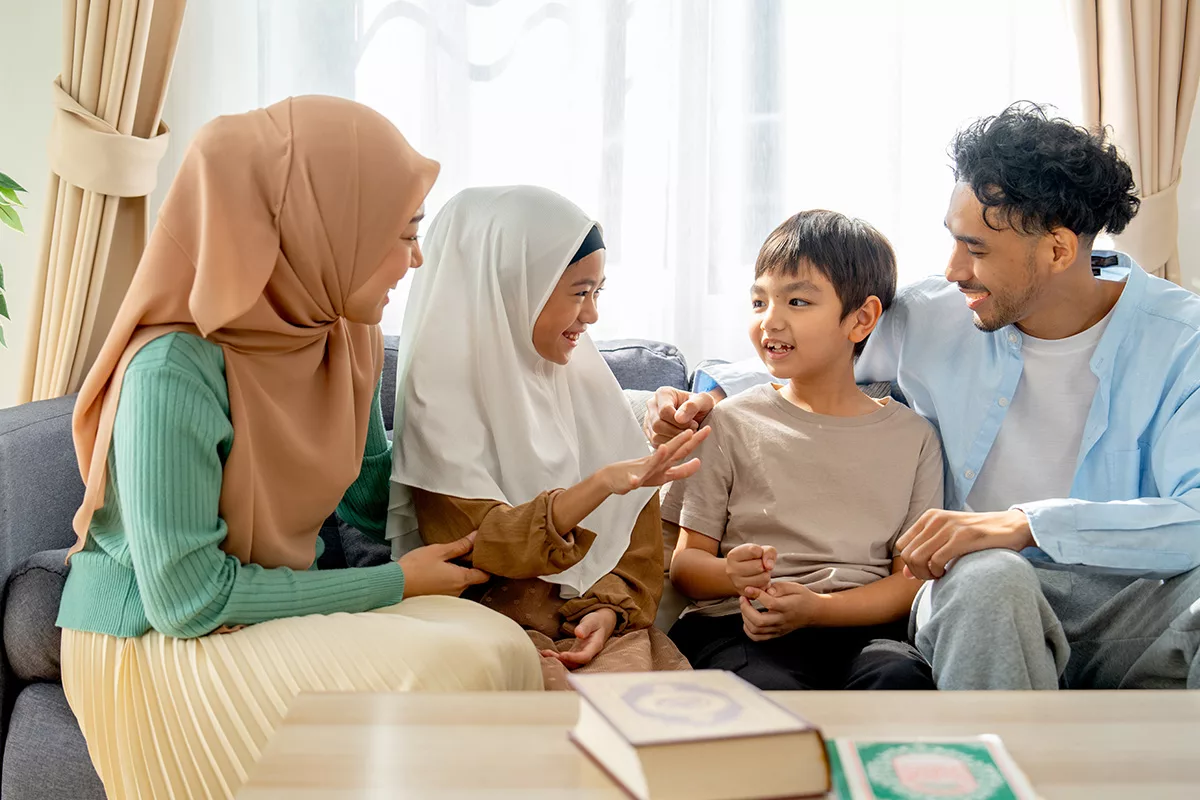The charity, Penny Appeal, has published important guidance on Islamic adoption and fostering in the United Kingdom. The guidance comes as a result of a Freedom of Information request made in 2015, which revealed that approximately 4,000 Muslim children were in foster care, often with non-Muslim families. The guidance also comes after Tower Hamlets Council’s decision to place a non-Muslim child with a Muslim foster family sparked a widespread debate in the media in late 2017 on the appropriateness of cross-faith placements.
With extensive input from a number of scholars, professionals, and organisations the Islamic Adoption and Fostering Guide hopes to offer clarity for prospective Muslim adopters and foster carers. Taking the perspective from and for the Muslim faith, the guidance aims to elucidate any concerns and tackle any perceived barriers, whether from cultural stigma, social stigma, a lack of knowledge, or misconceptions about the faith’s teachings on adoption and fostering.
The guidance explains that fostering and adoption are compatible with the Muslim faith and in turn reassures those who may have harboured any concerns. To reconcile any perceived divergence, the guide highlights that the Prophet Muhammed himself spent the majority of his childhood without parents and also went on to adopt a child. The guide offers a further suggestion that fostering and adoption is to be seen as a “communal obligation”; it considers it a duty of the Muslim community to ensure that homeless and parentless children have people to look after them. It is also hoped that the vast support from a number of Imams and Islamic scholars is persuasive in encouraging more members of the community to look into adoption and foster care.
The guidance consists of the following six chapters:
• The emphasis in Islam on caring for orphans
• Definitions and terminology of adoption and fostering
• Preservation of the child’s identity
• Managing familial relationships with a child who is not biologically related
• Formation of parent-child relationships
• Cross-religious placements
It also contains a chapter relaying recommendations for Muslim communities and their leaders, some of which include:
• If you are able to, become adopters or foster carers, in the tradition of our Prophet Muhammad (peace and blessings be upon him), to act as role models to our communities
• Provide access to education and community support for Muslim children in care (or who have left care), in order to mitigate the risk of the child growing up feeling rejected, isolated and/or confused about their faith or cultural identity.
• Ensure Muslim children in care, their adoptive or foster parents, and (if necessary) professionals who work with them, feel welcome and supported in your mosques and community centres, regardless of their gender, race, religion, culture or any other demographics.
The guidance was launched at The House of Commons on the 21 March.
Laura Marshall






